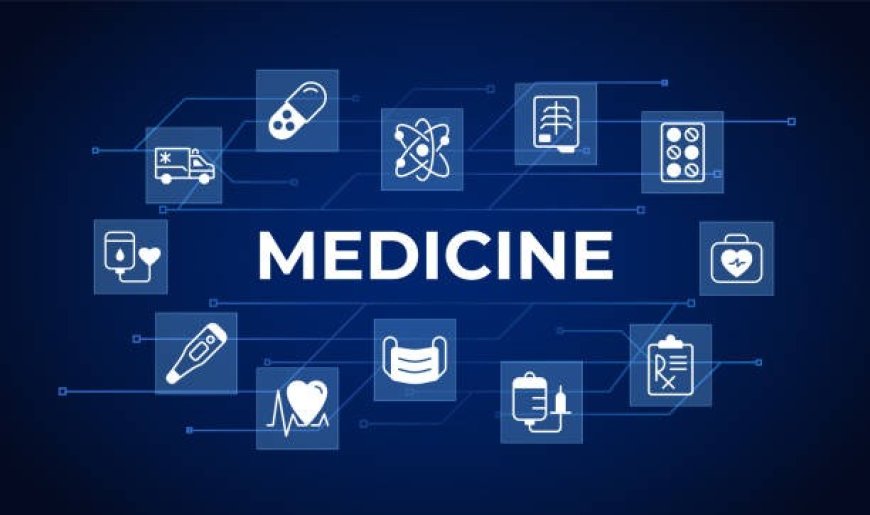More Than Medicine: Support Systems That Speak Volumes
Beyond medicine: discover the vital support systems that truly heal, uplift, and transform lives when care goes beyond prescriptions.

Healing is never just about pills and prescriptions. Real recovery lives in the moments that people don't always see, the ride to therapy, the translated instructions, and the follow-up call to check in. Without those support systems, even the most detailed care plan can fall flat. That isn't just about medicine. It's about what makes healthcare feel human.
The Backbone Behind the Badge
Healthcare today is overwhelming, not just for patients, but for providers. Behind every appointment lies a mountain of paperwork, constant policy shifts, and the gradual encroachment of burnout. Doctors and nurses are not just curing bodies; they're wrangling dysfunctional systems, and that leads to emotional exhaustion and administrative overload. No matter how skilled a provider is, they can't deliver their best if the system is working against them. That’s why the healthcare system must be built to provide meaningful support for medical providers, rather than burden them with additional tasks.
What Patients Actually Rely On
When the meds run out or the doctor's visit ends, patients don't lean on the healthcare system. They lean on people. A neighbor who gives a ride. A sibling who picks up groceries. A friend who helps make sense of instructions that didn't translate well. These aren't extras, but essentials. Listening ears and willing hands contribute to healing way more than people acknowledge. And even though insurance won't cover them, they show up in every successful recovery story.
Community Isn't Just a Buzzword
You can't fix health without fixing what people return home to. A clean bill of health means little if someone goes home to food insecurity, unsafe housing, or unreliable utilities. Doctors can only do so much in fifteen minutes. Real change happens in communities. That's where the root issues live, and where the real solutions must start. Local partnerships, neighborhood programs, and resource access matter. Without them, care doesn't stick. It fades.
Information Is Also Care
Far too often, patients leave care settings more confused than when they arrived. Directions are rushed, follow-ups unclear, and medication instructions formidable. Confusion does not just enrage people, it quietly erases all previous progress. Clear, simple communication is a form of care. Translators, bilingual staff, health navigators, and even text-based tools all make a difference. No one should leave a hospital or clinic wondering, What just happened?
People are More Than Bodies to Be Treated
Healing isn't just about fixing the body. Emotions, environment, and relationships shape recovery just as much as medicine. Treating someone without considering their context leads to revolving doors, patients return, problems persist. The goal isn't just to treat and discharge. It's to make health sustainable. That only happens when care goes beyond the exam room.
Redesign with Reality in Mind
If you want better healthcare, you can't start inside the hospital. It all begins where people live, schools, churches, jobs, and community centers. That's where long-term health takes root. When systems are designed with those spaces in mind, providers can stop treading water, and patients can finally move forward. Support doesn't need to be loud. The best systems work quietly, consistently, and with heart.
Medicine can begin the healing but not finish it. The essential reasons for healing are the people and institutions that arrive each day. They don't receive headlines, but they bring about change. And in a world where so much seems frantic or overlooked, supportive institutions that whisper rather than shout might be the greatest force for good there is.







